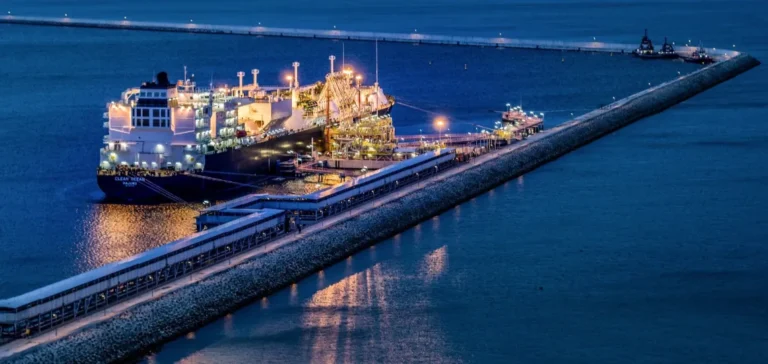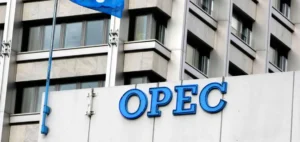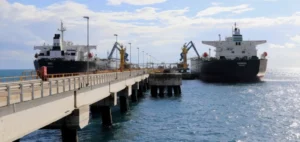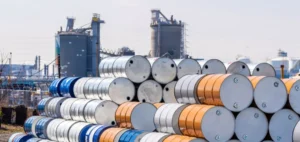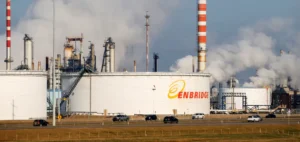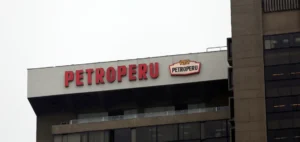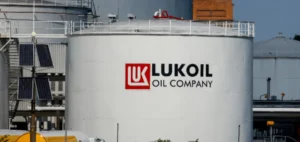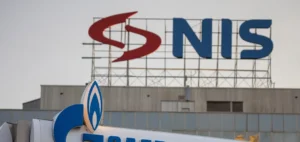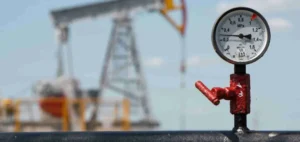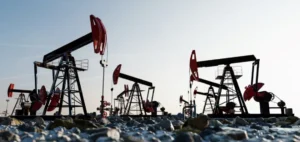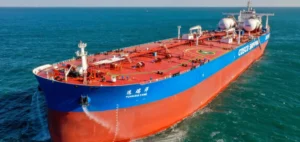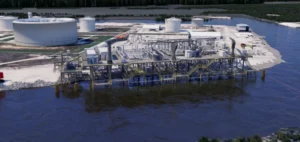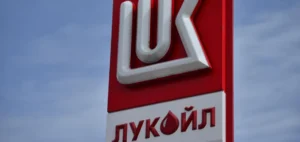Pertamina is experiencing a significant increase in demand for certain fuels, particularly 98-octane gasoline, which has risen by 76% since the beginning of the year. According to Mars Ega Legowo Putra, Chief Executive Officer of Pertamina Patra Niaga, this trend has led the company to increase imports to maintain supply balance in the domestic market. He noted that the stock levels of 90-octane gasoline remain safe, although slightly below the company’s internal targets. He added that 90-octane fuel, sold under the Pertalite brand, remains the company’s most consumed product.
Targeted imports to support domestic volumes
A cargo of 98-octane gasoline is already en route to Indonesia in response to the demand surge. Pertamina is also working on securing additional volumes of Pertalite to avoid any disruption in distribution. The precise amount of additional imports has not been disclosed, but the strategy indicates a clear intent to preserve delivery continuity across the country. This approach also aims to supplement the current capacity of domestic infrastructure.
Continued growth in fuel sales
Internal data from Pertamina shows a total of 87 million kilolitres of fuel distributed by the end of October, covering both retail and industrial segments. This volume highlights strong domestic demand and underlines the increasing importance of logistical adjustments to support consumption. Sales figures reinforce Pertamina’s central role in meeting the country’s fuel needs.
Operational adaptation to market dynamics
The gap between national production and demand for high-octane products requires the company to adjust its operational flows. Fuels favoured by urban consumers, particularly in high-density zones, represent a strategic share of the portfolio. The deployment of additional cargoes enables Pertamina to anticipate pressure on the supply network. This strategy also ensures continuous distribution to meet rising demand.


